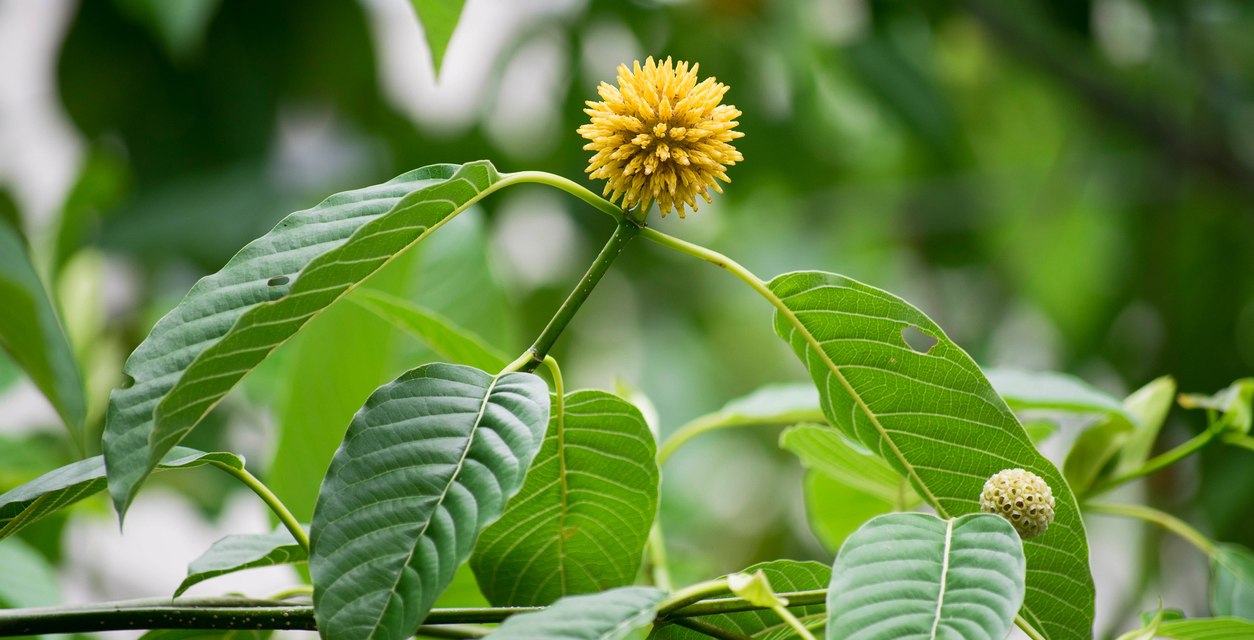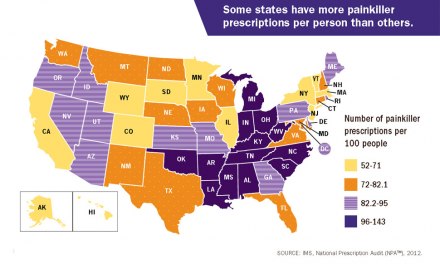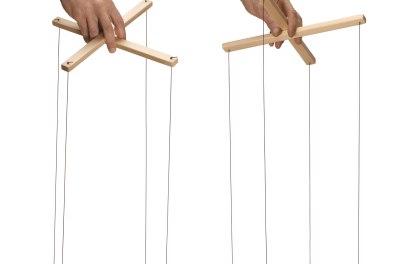The kratom issue first came up back in January of 2016, when the public learned through media reports that many residents in recovery homes relied on kratom drinks to relieve their opiate cravings. Kratom does act on opiate receptors, lending some credibility to this claim. Inevitably, the practice drew the DEA’s attention, since kratom has long been banned in its native Thailand. A quick check revealed a significant rise in the number of ER visits related to kratom use. And this week, kratom appeared as a Schedule 1 drug, meaning once final, there would be no approved use of any kind in the United States.
The DEA seemed surprised by the intensity of the response from researchers. Here’s an example.
The government now says they’ll undertake further review to see if they need to reclassify it at a lower level. A Schedule 2 designation, for example, would permit research and perhaps medical use under a doctor’s care.
In cases like this, there are actually two issues at work. First, what hazards, actual and potential, are associated with the drug? Second, are those hazards serious enough to merit the highest sanction? It’s analogous to the situation with hallucinogens, where the government put a stop to further research into potential medical uses. That’s the argument researchers make: Let us do more studies, get more facts.
Advocates take a more personal approach. Many are themselves users: an article from a very different perspective.
The founder and president of the kratom advocacy group is a kratom user, in order, she admits, to control her desire for opiates. She’s also convinced it is a necessary remedy for PTSD and chronic pain. She states that “…people that are terrified, literally scared to death of going back to old ways of life, whether that means living in chronic pain when nothing else has worked for them, dealing with PTSD, listening to all the people fearful that they’re going to go back on either prescribed or illicit opiates and possibly could die…”
“It’s very emotional,” she says.
Yes it is. And remarkably similar to the testimony of advocates for other banned drugs. You can sense the desperation in their pleas.
The arguments may seem contradictory. On one hand, they argue that kratom is not very potent and has few mind-altering effects, comparable to caffeine. On the other, they claim kratom is effective for serious disorders such as heroin addiction, PTSD, and chronic pain. That suggests genuine strength. So which is it?
I suspect the answer will turn out to be this: It works best for people who have become dependent on it. Why? Because in that case, it’s relieving the symptoms of kratom withdrawal, along with whatever other disorders are in play.
The available research, which is admittedly not much, does seem to support the notion of tolerance and dependence. Rather than me going through the evidence, a recent piece from Scientific American.
There have been reports of loss of control and continued use despite adverse consequences, both characteristics of addiction. It may be that kratom is a drug that some can use without much difficulty, while in other cases, use becomes pathological.
Alcohol is a drug of that sort.
For those who have built a life around regular kratom use, the prospect of losing access to the substance must be terrifying. Reminds me of a fellow I knew who’d been on methadone for more than twenty years, and operated his own treatment program. He panicked whenever the subject of banning methadone came up, as it did some years back in Arizona. For him, it wasn’t a political or scientific argument. It was life or death.
Now, if he were forced to taper off methadone, would he have suffered medically, the way a Type I diabetic would if deprived of insulin? No. Very different drugs, very different disorders. But in his mind, the choice was life or death. And nothing anyone could say would change that.
This is a hazard of remaining dependent on a mood-altering drug. You still have to protect your access. Even with heroin flooding our cities at historically low prices, addicts still devote the largest part of their time and energy to procuring more heroin. It’s the same for many alcoholics, and alcohol, as you’ve no doubt noticed, is everywhere.
When asked if I’m for or against legalization of a drug, I can’t come up with an easy answer. Legal status doesn’t matter much to the folks I work with. For instance, they’ve been using drugs whether legal or not. And will continue to do so. At least until something leads them to conclude it’s no longer worth it.
How will this be resolved? My guess is the DEA will go with a lesser classification.














You are lumping all of the kratom users together in one group. Sure, some people have used it to get off heroin and other hard opiates, and keep taking it to stop the cravings. But if it’s not hurting them or anyone else, why should this not be allowed? Methadone and Suboxone (which are much more addicting and dangerous) are essentially the same thing and the government sponsors those drugs. Isn’t it better to have something available that works and almost impossible to overdose with? But there are a whole group of people who use kratom for a different reason. For chronic pain sufferers, people with Lyme Disease and Crohn’s Disease, this little plant has turned their lives around and made them functional members of society once again. Dependence is not the same thing as addiction. These are people who do not want to take narcotics because they recognize how addicting and dangerous they are, yet here you are saying that they are addicts because they want to stay off of these drugs. How is that fair? Most of these people are not taking it to get high, they are using it live normal pain-free lives. Isn’t this everyone’s right?! Of course people are going to panic and speak out about this. For them, it is life or death because for some, this decision will affect the rest of their lives.